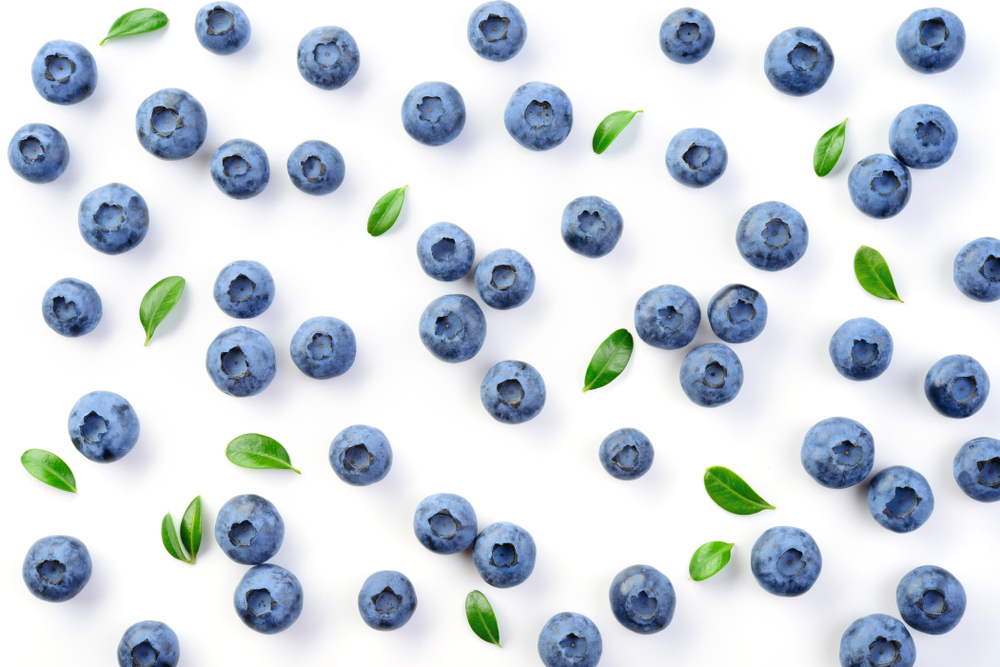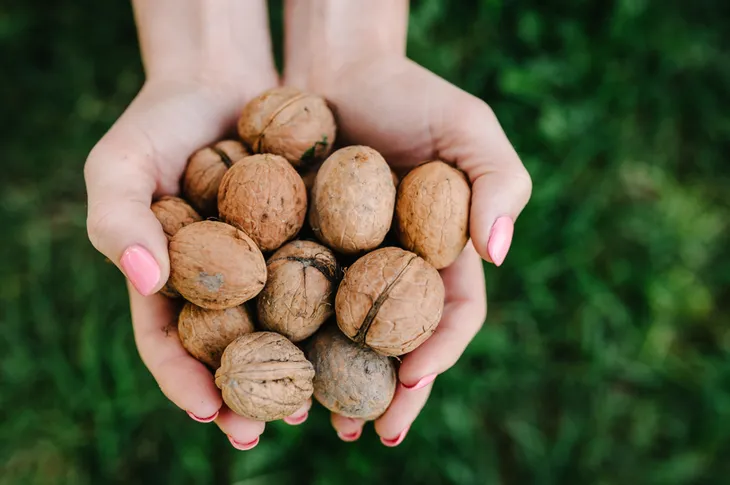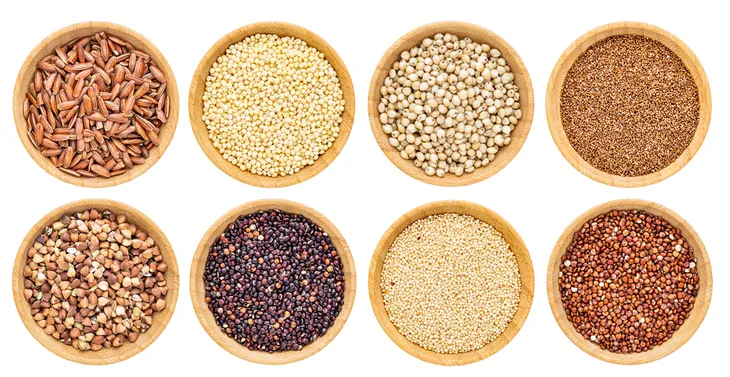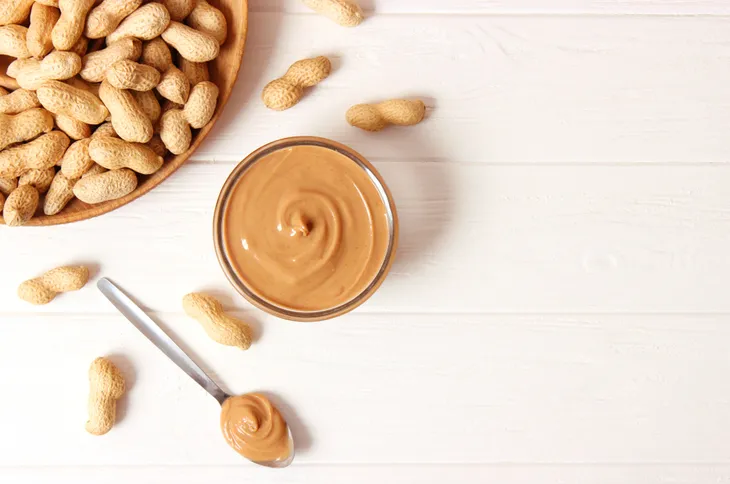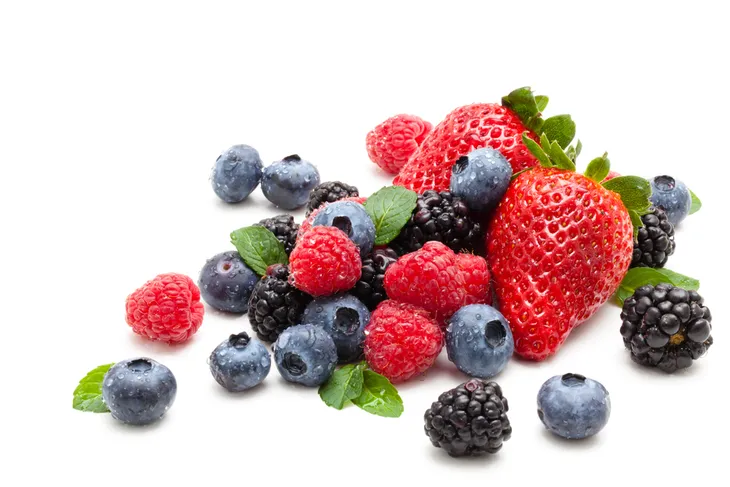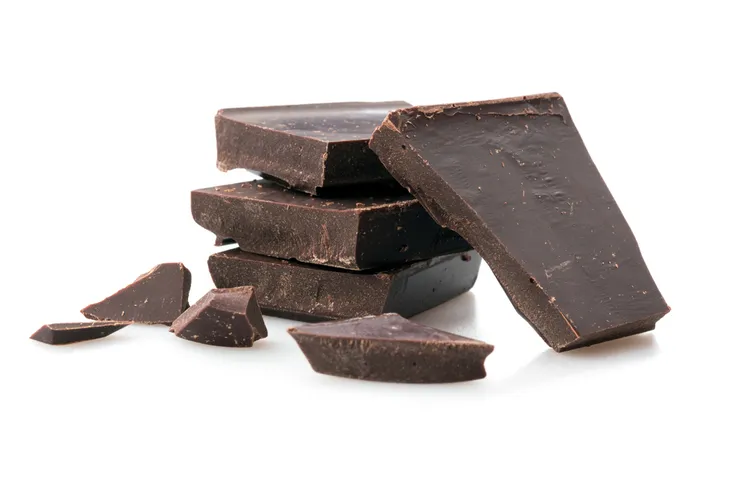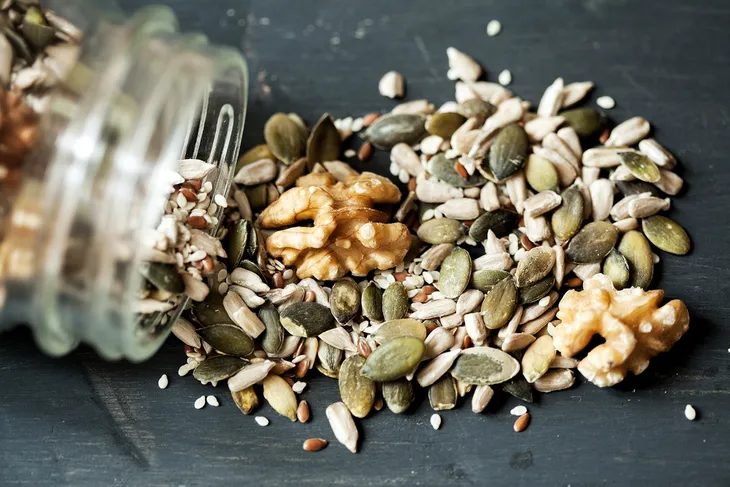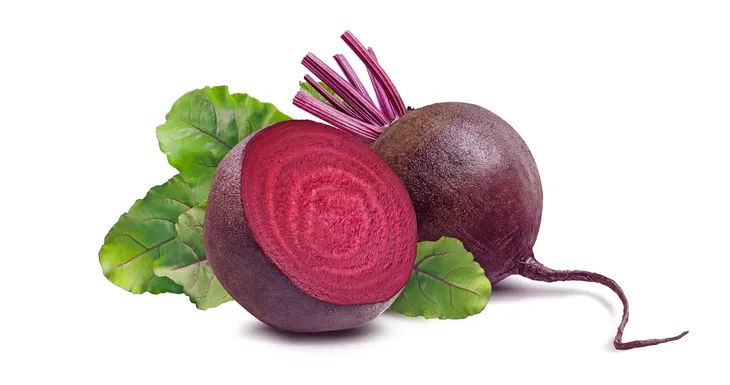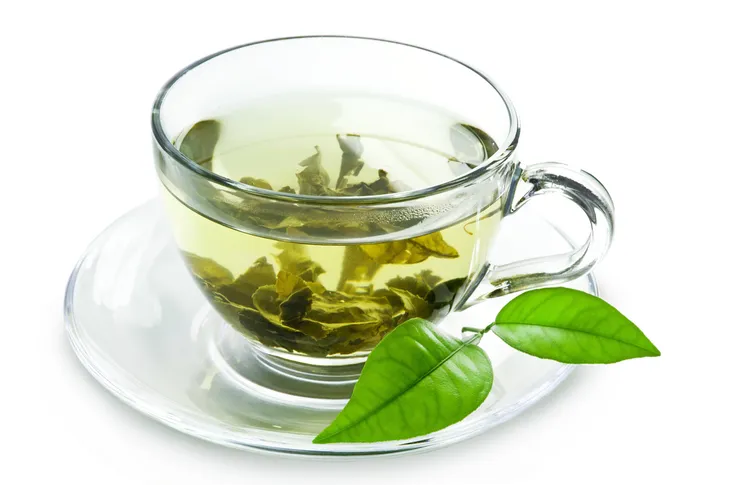For the brain to perform at an optimal level, it requires a mix of complex carbohydrates, lean proteins, antioxidants, fatty acids, and vitamins. So just in time for the kiddies to hit the books following Spring break; we thought you eager parents out there might like to get a head start on some effective brain foods to help your little geniuses exceed for the spring term.
Here are 10 of the best brain-powering foods to help put your child on the right path—back to class…
Walnuts
When you really think about it, a walnut resembles a mini version of the brain. So it makes perfect sense that the nut, which is high in omega-3 fatty acids and protein, makes for a healthy brain wave food.
Whole Grains
Whole wheat, oat, barley, rye and millet—these grains have a few very important things in common. First, these carbohydrates pack slow-release glucose sugar to fuel the body and power brain function.
And second, whole grains are a rich source of soluble fiber, which helps lower cholesterol, and in turn, the risk of brain injuries (like stroke).
Eggs
Eggs—the entire egg and not just the egg white—is a rich source of omega-3-rich fatty acids, which are important in the morning for energy and brain function support.
Fatty Fish
Salmon, herring, sardines, mackerel, and tuna not only pack a delicious protein punch—they’re also exceptionally high in essential omega-3 fatty acids, which are vital for brain and nervous system function, and they can tame dyslexia and other attention-deficit disorders.
Peanut Butter
Prior to a long day of studying, protein will satiate the appetite to keep energy high and blood sugar steady, this way you won’t have an energy crash during an exam.
Berries
Blueberries are super high in antioxidants (such as vitamin E, which protect the blood vessels and the brain from the dangerous effects of free radicals and age-related cognitive loss, while at the same time improve learning capacity, memory, and motor skills.
Dark Chocolate
Does it surprise you to see chocolate on a list of healthy brain foods? But a square of dark chocolate is rich in antioxidants, chemicals that protect the brain from free radical damage and encourage blood flow to the brain—leading to improved concentration and memory function.
Nuts & Seeds
Nuts and seeds offer a bounty of goodies for your child’s brain. For instance, they are high in vitamin B-6, an essential aspect of dopamine and serotonin, which encourage neuron communication. A handful of mixed nuts and seeds is also packed with folic acid, which strengthens memory and concentration while preventing Alzheimer’s disease.
Beets
Dark-skinned veggies, particularly beets, contain super powered, disease-fighting antioxidants to keep the brain healthy and strong.
Green Tea
If mental alertness is your game; green tea is the type of hot beverage you want in your morning cup. Why? Because this particular brew decreases the accumulation of plaque deposits on the brain, which in abundance can lead to Alzheimer’s.
For more relevant articles like this one, check out:
